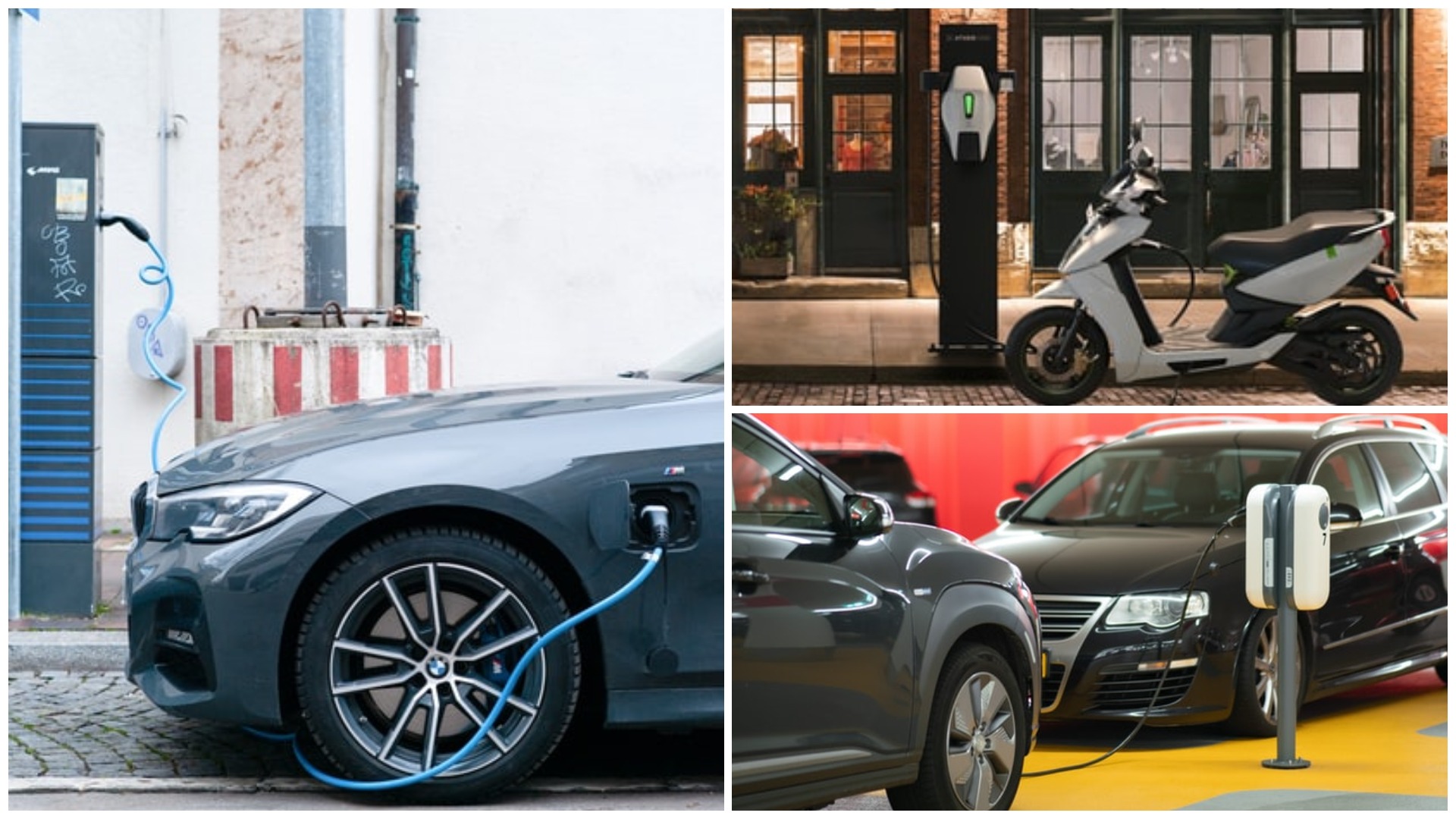Climate change is a reality in which a global effort is needed to reduce harmful greenhouse gas emissions on the environment. The production of electric vehicles is seen as a positive step towards carbon emission reduction. But despite combined government and private sector efforts to reduce greenhouse gas emissions in the environment, the Philippines is not yet on track to achieve the target of limiting temperature increase to 1.5°C to prevent global warming. This goal can only be met if carbon dioxide emissions (CO2) decline significantly.
Alan Pilz, Business Consultant of the Transportation & Mobility Industry of Dassault Systèmes, said, “one key opportunity to reach the target is to drive the transportation industry to move from fossil fuel to more sustainable sources of energy.”
Pilz is a guest speaker at the webinar on “Mobility: Building an E-vehicle Ecosystem” presented by the Liveable Cities Challenge (LCC) and Dassault Systèmes in partnership with the League of Cities of the Philippines and Globe, with the support of the French Chamber of Commerce and Industry in the Philippines.
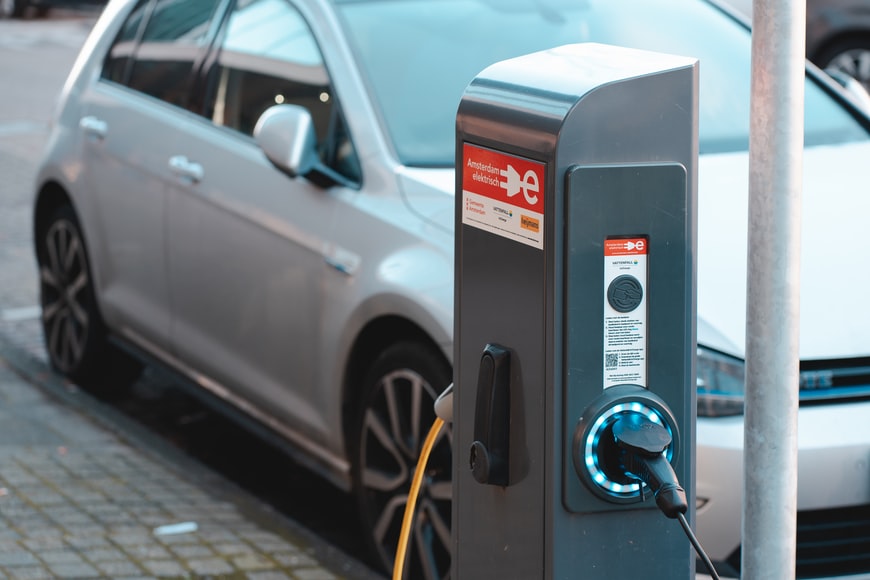
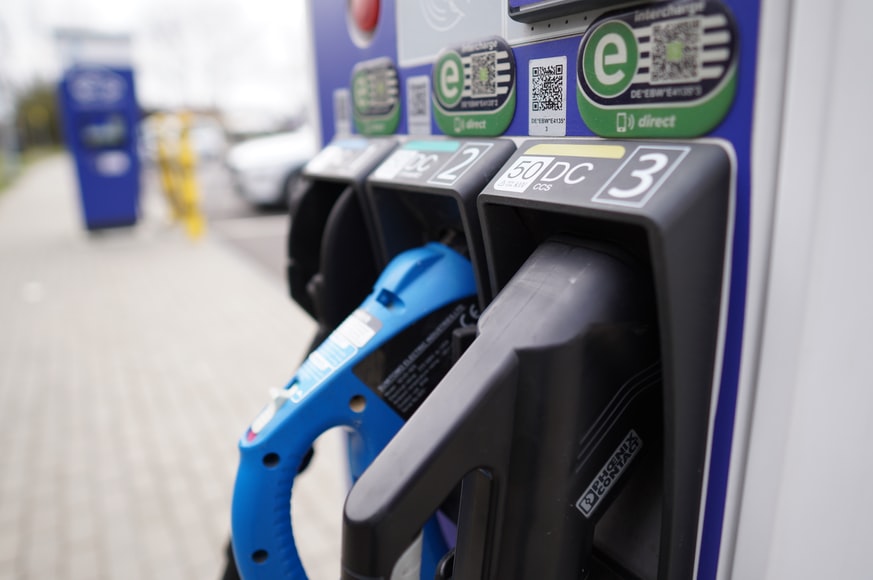
According to Pilz, 90% of vehicle emissions in the country are reported to be from Metro Manila, negatively affecting the quality of life of its residents. Air quality can significantly improve if more vehicles in the heavily congested cities move to greener energy sources and thus reduce tailpipe emissions.
On the other hand, the Board of Investments (BOI) and the Department of Trade and Industry (DTI) also acknowledged EVs as a critical technology in the automotive industry that can contribute to sustainable development such as lower greenhouse gas emissions, less air pollution, and new job opportunities with positive social impact.
Ma. Corazon Halili-Dichosa, Executive Director of Industry Development Services of DTI Board of Investments, said the journey towards automotive electrification is one of the government’s mitigating measures to climate change and its impacts on the country.
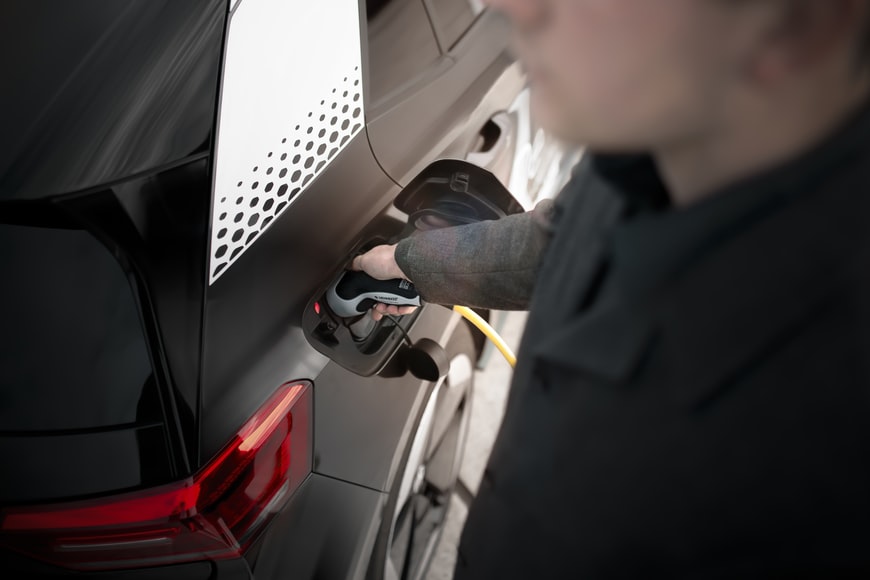
She said the direction towards EV is also aligned with the recent World Bank study on the reconfiguration of Philippine participation in global value chains (GVCs) which have seen a rapid switch to EVs.
To pursue the development of a Philippine EV industry, Dichosa said the government is working to create a conducive ecosystem composed of a combination of regulations, information, education, communication, human resource development, research and development, and industry support programs.
“We would like to thank our industry stakeholders for their continued partnership. We in BOI and DTI will continue to work hard, not only to help build healthier communities but also to create opportunities for local companies to increasingly participate in global value chains and develop more competencies, as we shift and join the global automotive industry towards connected, autonomous, shared and electrified technologies,” she said.
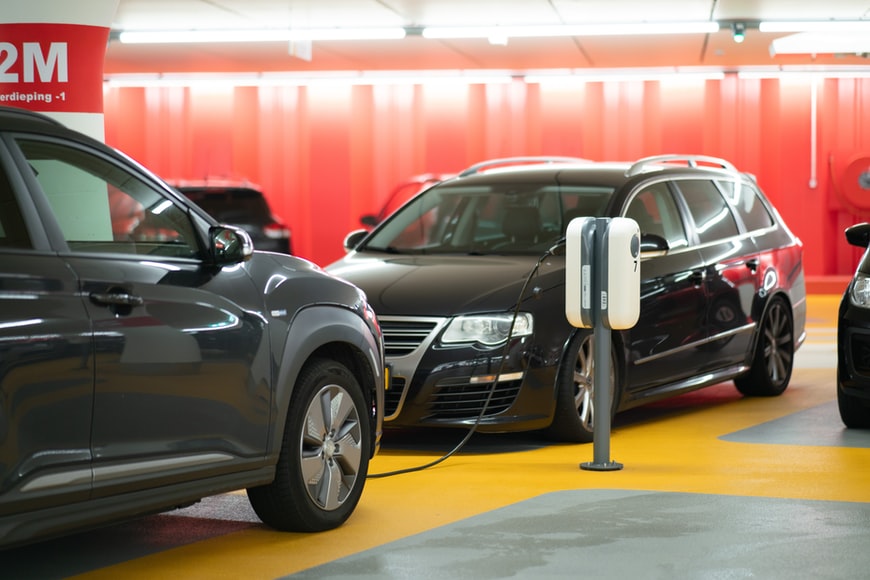
Meanwhile, Manny Biona, Executive Director of Electric Vehicle Association of the Philippines, called on the local government units (LGUs) to help in making eMobility solutions more appealing to customers in terms of affordability, reliability, and performance.
He said LGUs should Initiate and support EV pilot and demonstration programs to build the public’s confidence in this new transportation mode. Likewise, he noted LGUs should extend additional support for first adopters and become a focal point for eMobility stakeholder cooperation.
“There are a lot of interconnections in the different stages of the value chain, emphasizing the need for an integrated solution. eMobility solution is multi-faceted and requires multi-stakeholder efforts. LGUs should take the lead, build trust, put in stakes, and catalyze cooperation,” Biona said.
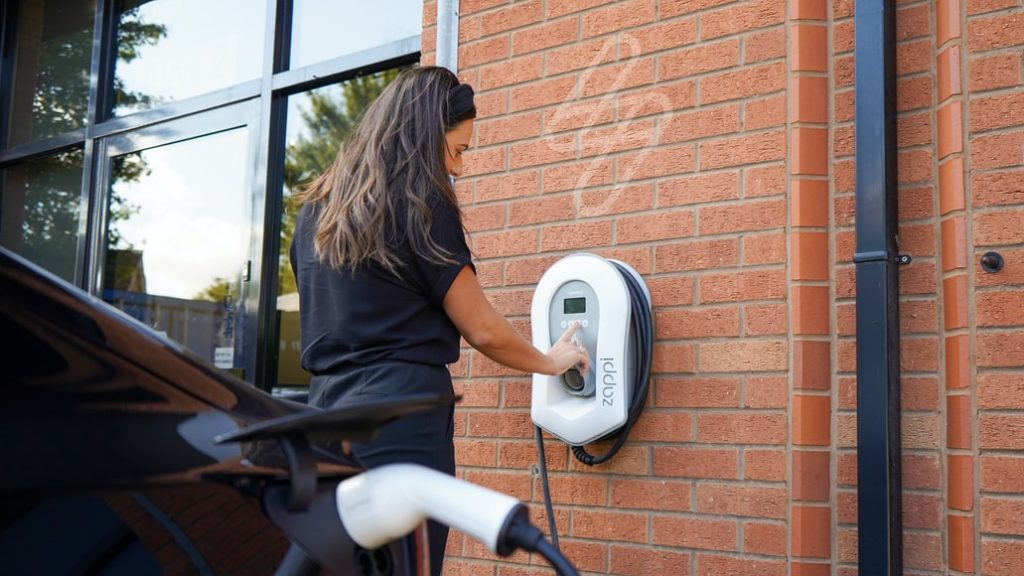
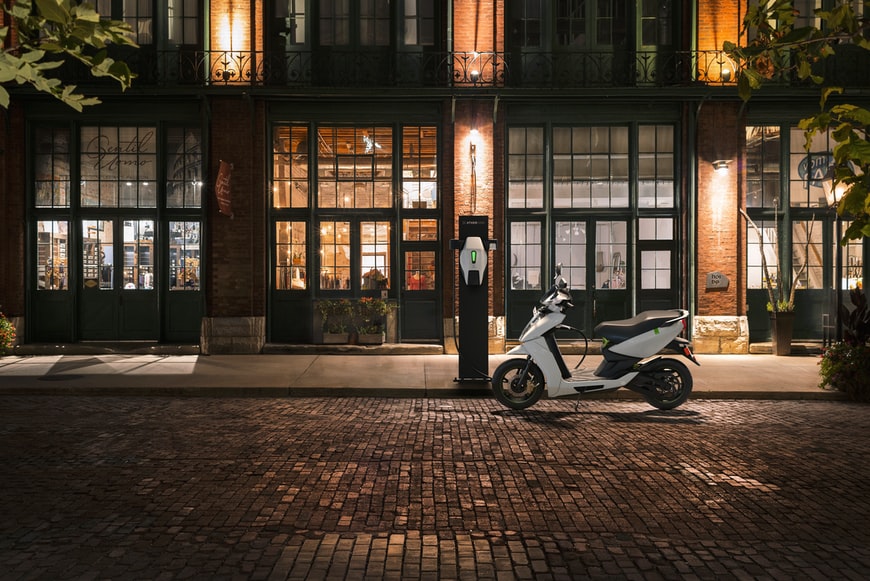
The 2021 Liveable Cities Labs is a continuing series of webinars to empower cities with knowledge and insights for designing better solutions for their communities. Other speakers were Art Tan, CEO of AC Industrials and Integrated Microelectronics, Inc. and Freddie Tinga, CEO of Global Electric Transport.
This initiative is part of Globe’s commitment to the United Nations Sustainable Development Goals (UN SDG), specifically UN SDG No. 9 and No. 11, which emphasize the roles of infrastructure and innovation as crucial drivers of economic growth and development, as well as the importance of building sustainable cities and communities. Globe upholds the UN Global Compact Principles and contributes to 10 UN SDGs.
For more information about Globe, visit www.globe.com.ph.

